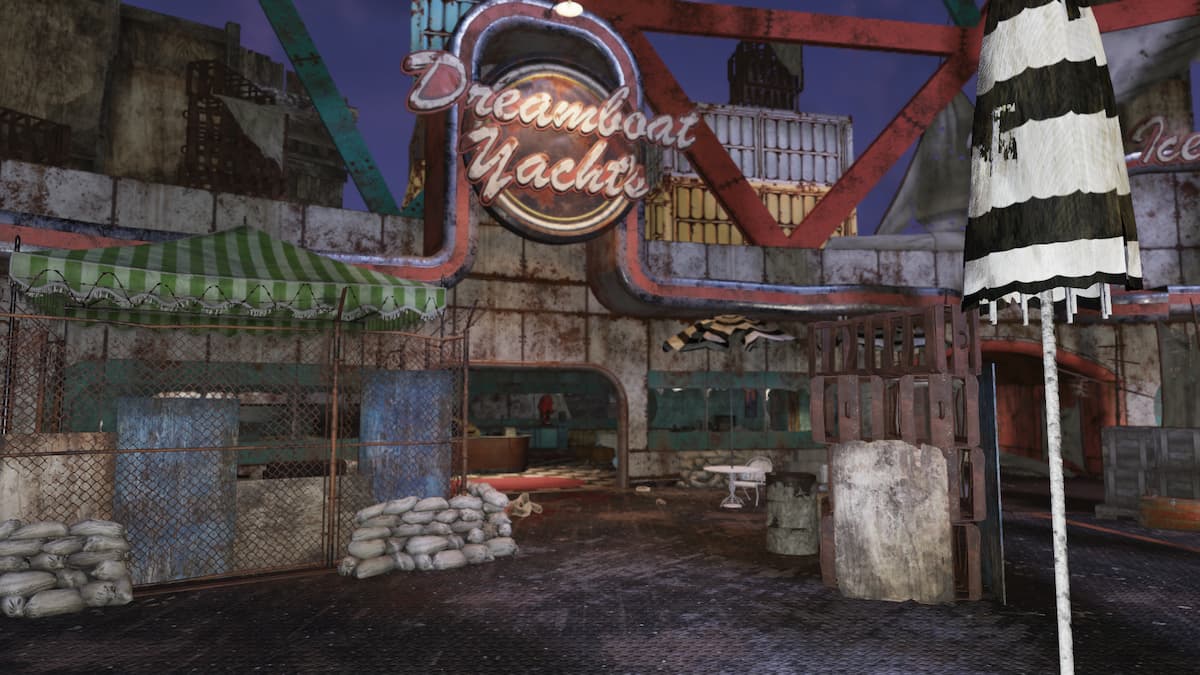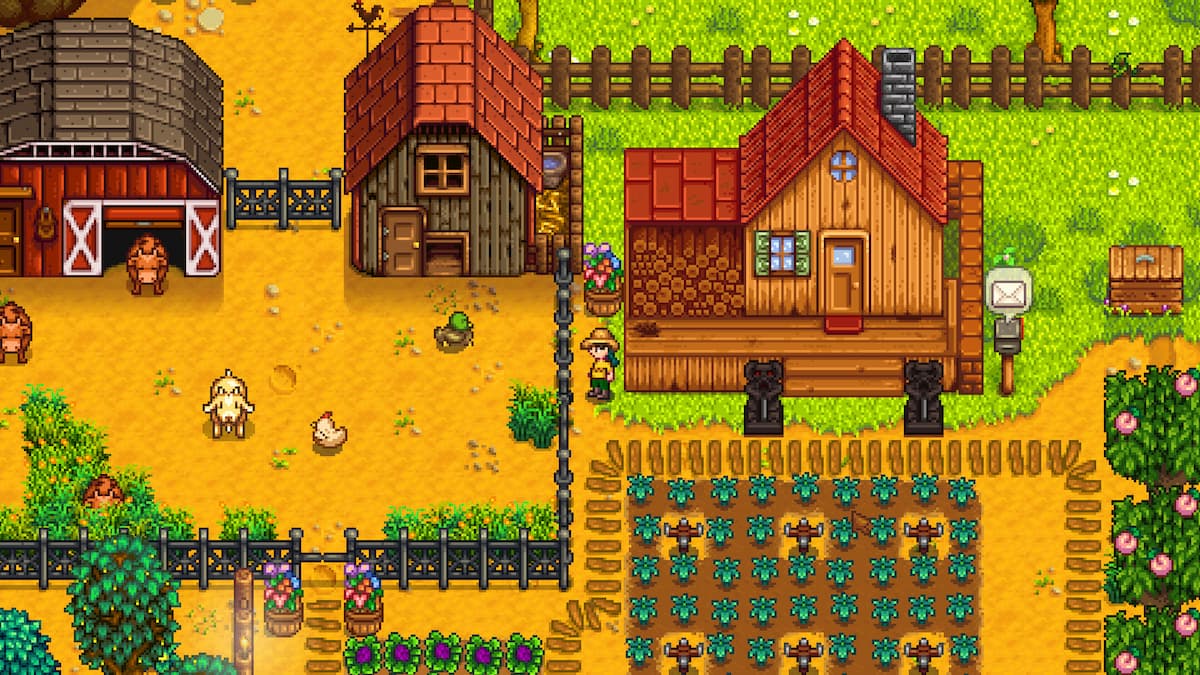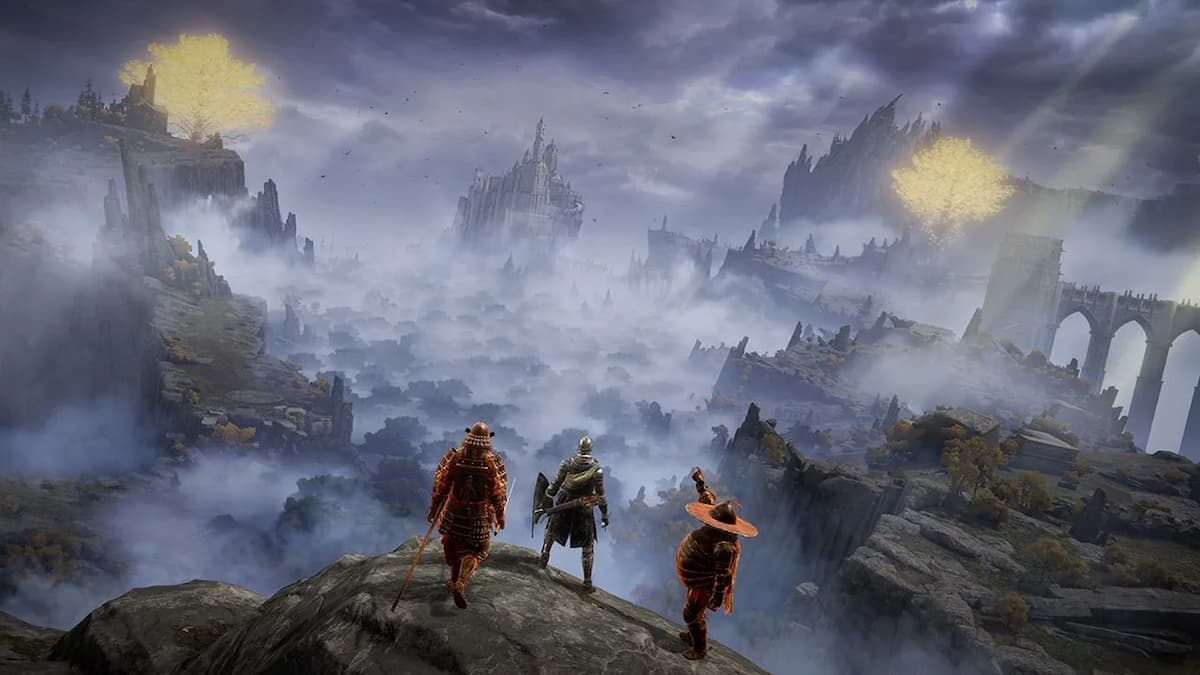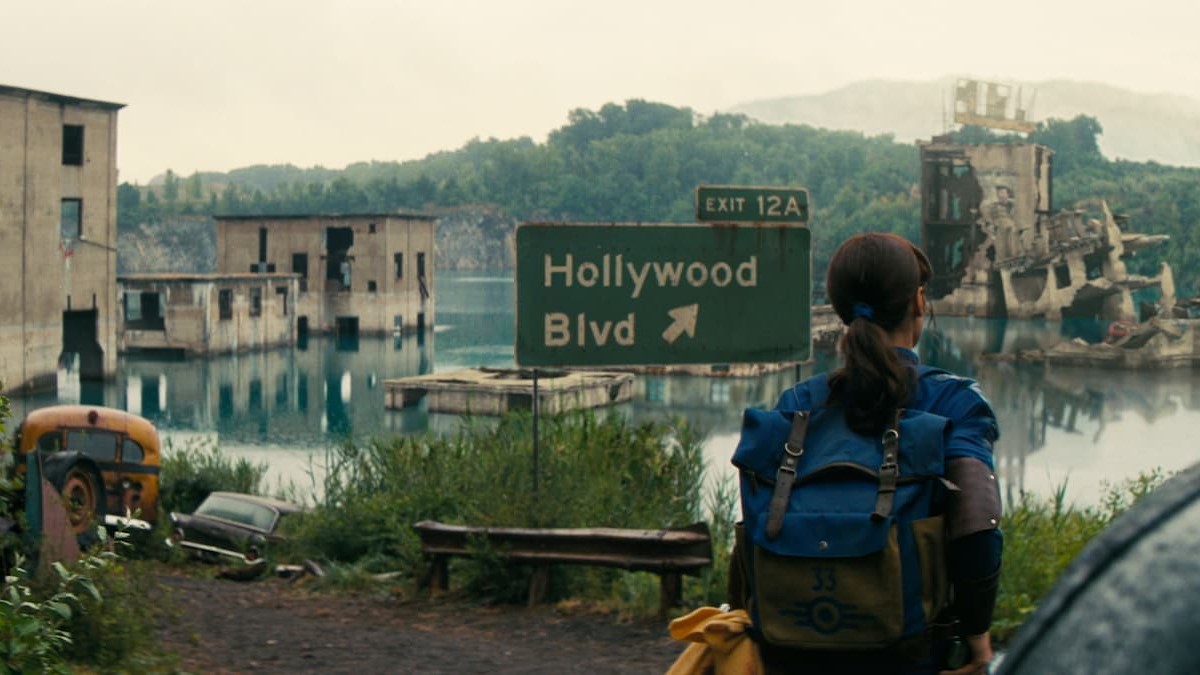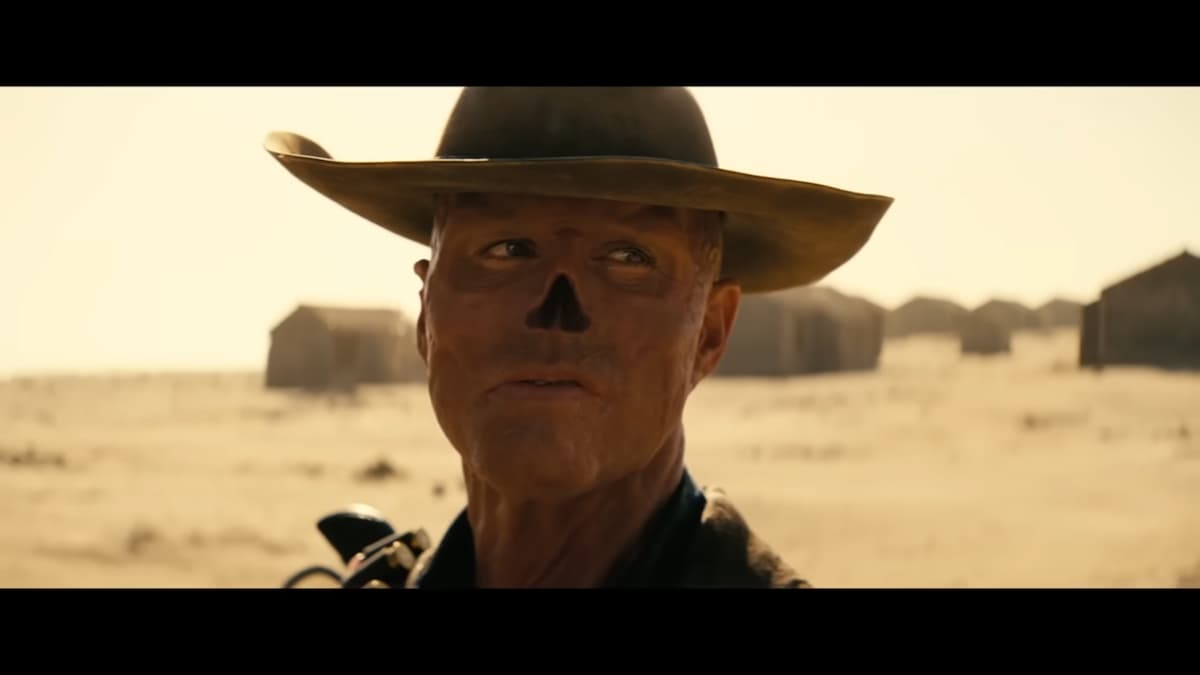The relatively slow transition between the last wave of consoles and the most recent batch has made it hard to highlight titles that truly belong to the next generation. While developers work out how to best use the new hardware available to them, players themselves are looking for games that bring their experience to the next level.
Hailed as the first true “next-gen” shooter, Titanfall’s prominent place between these two worlds could give us a great look at the future of the FPS. What we know about a few next-gen exclusives on the horizon makes that future look all the more enticing.
Onward and Upward
Over the past few years, jetpacks have become somewhat of a gimmick element shoehorned into FPS games. Wall-running “parkour” elements could easily wear the same distinction for action games of the previous generation. Titanfall’s interesting blend of the two has potential to reinvent these mechanics by keeping the conventional ideas intact, but giving players an unparalleled sense of control. By forcing players to think and act three-dimensionally in a way that isn’t unnatural or complicated, the game adds a deceptive amount of depth to strategic options.
Of course, these elements existed before Titanfall, but the level of polish here suggests a wider range of opportunities for a mechanic that works this well on a single button (that nearly every shooter already uses). Turtle Rock’s upcoming title Evolve has revealed a jetpack element as well, confirming that the sci-fi trope isn’t dead just yet, but so far footage hasn’t revealed the same freedom of movement seen in Titanfall. This isn’t to say that traditional “double-jump” mechanics will hurt Evolve, but imagine the myriad tactical possibilities for an asymmetrical game like Evolve and you’ll start to see how Titanfall can change the way players think about movement control.
Buff ‘til It Shines
By forcing players to think and act three-dimensionally in a way that isn’t unnatural or complicated, the game adds a deceptive amount of depth to strategic options.
By giving players an expanded lease on movement, you are usually forced to make sure that the environment they’re moving through stays engaging and sustainable. With Titanfall, as well as many upcoming shooters, we’re beginning to see fresh perspectives in the realm of map design. Titanfall’s maps are a great example of crafting space to fit gameplay, but also of using that space to tell a story that dialogue and cutscenes don’t. The arenas you’re moving through feel alive and organic even as you’re seamlessly skipping from wall to window to giant robot.
Games like Evolve, and even hybrid shooters like Ubisoft’s The Division and Bungie’s Destiny, are showing promise in this realm as well. Early footage of these games has displayed potential for well-crafted, immersive play spaces that not only present multiple strategic options, but showcase the developers’ awareness of what they are working with. We can only hope that this trend continues, and that more games take a closer look at what the world around players communicates to them.
The level of polish in every aspect of Titanfall, even beyond its map design, stands to set a new bar for “next-gen” shooters. The driving force behind real change in any genre has, traditionally, been less about a laundry-list of distinctive features and more about establishing a new standard. A quick look back at the last year easily distinguishes Titanfall as the first triple-A shooter title in a while that has managed not only to avoid being a tired retread, but hasn’t launched so broken as to incite legal action.
The point of a benchmark game is to show us what our games are capable of: that a game can release when it’s finished, and that we can do better than selling the same name once a year. What we’ve seen of upcoming shooters beyond Titanfall is on track to uphold this new standard of fresh perspective and thoughtful design.
Not-So-Innocent Bystanders
Including AI-controlled soldiers in Titanfall’s player-driven 6v6 arenas has been a divisive topic since it’s announcement. Many suggested that it was an effort to compensate for a relatively low cap on the number of players allowed in a match. However, these NPC characters do offer a few interesting elements as well, and with proper execution may become an element common to many next-gen shooters.
The driving force behind real change in any genre has, traditionally, been less about a laundry-list of distinctive features and more about establishing a new standard.
Granted, a pivotal function of these NPCs is to keep players active while prowling Titanfall’s large maps hunting for other players. While this could suggest a slapdash design choice, they also add to the game’s aforementioned organic map design by bringing the game’s overarching conflict closer to the players. Since the game omits campaign mode, there is a risk of disconnecting players from the setting, and leaving players isolated in stale, abandoned arenas. Populating maps with AI soldiers and creatures give a surprisingly clever way to bridge that gap and keep players immersed.
As before, early Evolve gameplay footage suggests a similar application of NPCs by populating maps with AI fauna that not only keep the hunter players engaged and alert, but give players a grinding system for the monster player to gain new abilities – all while adding to the sense of a living, breathing world. Games like Destiny and The Division, with their pseudo-MMO elements, build on traditions already mixing NPC and player interactions to great effect. Using NPCs to add depth to traditionally player-populated spaces has potential to become a popular tool in developers’ boxes.
Aiming High
There’s a lot of potential behind Titanfall‘s run-and-gun façade, but the game’s core mechanics may not make it the genre-shattering behemoth that we were promised. However, pointing out any one game as a defining change in the genre is a pretty bold prospect in and of itself. It’s easy to look back at a game like Doom for popularizing shooters in the PC era, or at Halo for reinvigorating the genre with bold new concepts. However these games, just like others that many claim defined a single “generation,” are often built upon the best of those that came before them.
Evolve, The Division and Destiny could be said to risk the same disconnect between hype and delivery – these games have a lot of advertising weight behind them without anything resembling a finished product to show. Still, it’s important to look past the hype without completely disregarding what these games have to offer: an early look at what next-gen shooters have to offer with the tools becoming available to them. Wherever we go from here, chances are good that we are on the verge of a great step forward for one of the most popular genres in gaming.



